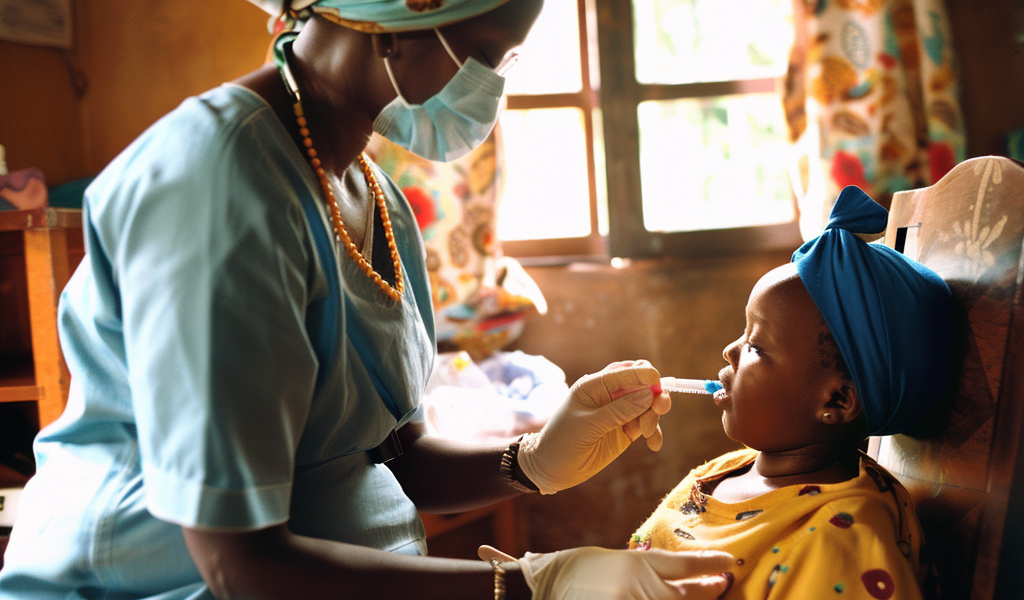March 24, 2024
Shortage of Syphilis Medication for Pregnant People: Government Intervention Needed
Pregnant individuals and unborn babies are facing a critical shortage of the only safe medication for treating syphilis, raising concerns about the potential risks to public health. The pharmaceutical company Pfizer is the sole manufacturer of penicillin G benzathine, the essential medicine for syphilis treatment in pregnant individuals.
According to Northeastern University experts, the government must take action to address the scarcity of this vital medication. Professor Brook Baker, an expert in disability discrimination law at Northeastern, emphasized the severity of the situation, highlighting the potential impact on maternal and infant health.
The surge in syphilis cases in the United States, reaching the highest levels in three decades, has intensified the urgency of the issue. The Centers for Disease Control and Prevention (CDC) reported over 200,000 cases in 2022, marking a significant increase from approximately 50,000 cases a decade ago.
Syphilis, a bacterial infection transmitted through sexual contact, poses serious health risks without proper treatment. In cases of congenital syphilis, where the infection is passed from mother to child during pregnancy or delivery, the consequences can be devastating, leading to stillbirth, miscarriage, infant mortality, and maternal and infant morbidity, as outlined by the CDC.
Alarmingly, the CDC recorded more than 3,700 cases of syphilis in pregnant individuals in 2022, with nearly 90% attributed to inadequate testing and treatment during pregnancy. Tragically, over 230 babies died at birth, and an additional 50 infants succumbed in infancy due to syphilis-related complications.
The critical shortage of the syphilis medication for pregnant individuals underscores the pressing need for government intervention to ensure the availability of essential healthcare resources and safeguard the well-being of vulnerable populations.
Efforts to address this public health crisis are imperative, and collaborative action from policymakers, healthcare providers, and pharmaceutical companies is essential to mitigate the risks associated with the scarcity of syphilis medication for pregnant individuals.





